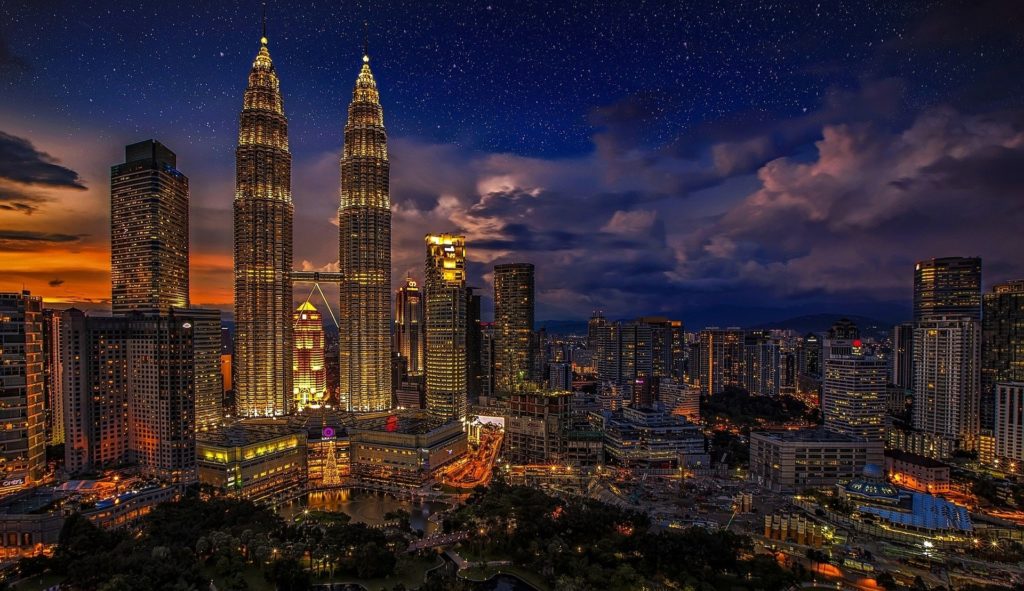
Malaysia is a tiny country with a lot to love. Potential expats looking for somewhere to satisfy their wanderlust are known to look their way for a lifelong travel experience. There is a decent economy, a distinct culture, and a lot of natural beauty to take advantage of. However, there is a lot to think about if you are moving to Malaysia. It can be quite the culture shock, and not in ways you expect. Read on for all the details on what you should consider before moving to Malaysia.
The culture
Visiting Malaysia is like a tale of two cities. There is a dual personality formed by the need for development creating very modern businesses, and therefore a city environment within its capital, Kuala Lumpur, which is then surrounded by very much appreciated nature and cultural buildings. One could say it’s the best of both worlds.
But it’s best to know what you are in for going in. If you are going for business, it would be a good idea to read up on cultural differences so as to avoid insulting someone, or worse, getting fined. For example, Malaysia’s people aren’t big on public displays of affection and you can even be charged with kissing too passionately.
On the other hand, Westerners will be glad to know that English is a common language in Malaysia and is even the official language of business, making any work opportunities easier. That doesn’t disqualify you from learning a few phrases in Malay to impress the locals. It is a diverse language made up of the different ethnic groups that frequent there and their influence on the local language. Much like everything else in the country, Malaysia is a product of the various countries around it.
This diversity is reflected in its food, which could only be a good thing. As you wander the streets or visit various restaurants, you will see curried noodles called Laska, Hainanese chicken rice and chili crabs, cooked in gravy with a tomato and chili base. But to really push the boat on what you’ll eat, try the oyster omelet or barbecued stingray.
The cost of living
If you are looking to move to Malaysia, you should initially look up the rate of the cost of living. Although things are always fluctuating, it makes for a good touchstone to start building your budget around.
In terms of where you’ll live, it’s recommended that you look for a house for rent in Batu Pahat or elsewhere in Malaysia before buying anything. You will be able to house hunt once you get there and really see what you need and what the city has to offer – and there is a lot to offer. Kuala Lumpur’s beautiful skyline is made up of a collection of skyscrapers full of apartments, as well as a collection of traditional-looking bungalows and semi-detached houses holding a lot of heritage.
Apartments are attractive because they are often serviced, with the payments included in your monthly rent. They also offer an array of facilities like swimming pools, barbecues, and gyms.
Outside of their cities, like most countries, Malaysia’s public services are lacking. However, you will find that owning a car in Malaysia is a lot more affordable than you would expect in Europe.
Your job
Malaysia isn’t too strict on who they let into their country but competition for city jobs will be stiff. However, you are better off trying to get a job once you are there. The laid-back culture means that few people are willing to go through the trouble of interviewing someone who isn’t yet in the country.
Unlike its stricter neighbor, Singapore, Malaysia will allow you to visit on a traveling visa and gain a job once you get there. It’s also a lot easier to then get your hands on a working visa once you are there. The main hurdle to finding a job as an expat will look like a molehill to the west: you need excellent English. You will also need a few qualifications to prove you can do the job you’re asking for. Simple, right?
Once you’re in the country, finding a visa will give you three main options: working visas for highly skilled professionals, student visas for future professionals, and visas for entrepreneurs or business visas.
There is a lot of industries to take advantage of, and you will have a good chance at any of them with a specialism or higher education. Malaysia’s education system isn’t as robust as Singapore’s, allowing you to slip in if you have more than an Associate Degree. Industries like oil and gas, IT, teaching, professors, engineering, architecture, marketing, sales, healthcare, tourism, and office work are all looking for staff, however unskilled or semi-skilled work is thin on the ground.

Leave a Reply